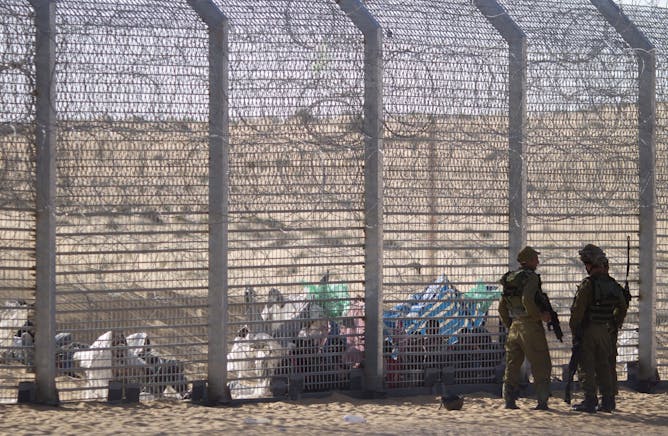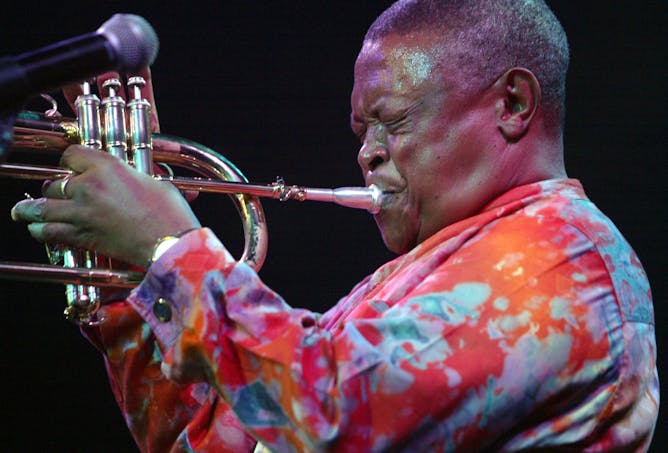|
As many as 38,000 Sudanese and Eritreans refugees live in Israel; most fled oppression and, in Eritrea, endless forced military service. These refugees were at the centre of a highly contested and controversial plan that would see them illegally deported. Howard Adelman explains that for many Israelis and Jews of the diaspora, the government’s tough measures towards asylum seekers ignore a long Jewish tradition of helping those in need.
Protest songs have been the soundtrack to events across the world – from wars in Vietnam and Latin America to anti-colonial struggles and the battles for workers’ rights. As the world marks International Workers' Day, known as Labour Day in some countries, Andries Bezuidenhout reflects on what he believes is the ultimate anthem for workers, particularly in southern and Central Africa. “Stimela”, written and performed by the late Hugh Masekela, tells the story of migrant labourers who left their homes to work on South Africa's mines.
|

In this 2012 file photo, African refugees sit on the ground behind a border fence after they attempted to cross illegally from Egypt into Israel as Israeli soldiers stand guard near the border with Egypt, in southern Israel.
(AP Photo/Ariel Schalit, File)
Howard Adelman, York University, Canada
As many as 38,000 refugees live in Israel with no rights or status. Israel's government and international communities need to come up with a viable solution.
|

Hugh Masekela performing in 2015.
Esa Alexander/The Times
Andries Bezuidenhout, University of Fort Hare
The protest song "Stimela" remains as much a song about present and future aspirations, as it is of the past.
|
Politics + Society
|
-
Benjamin Habib, La Trobe University
There was much that was agreed to at the Korean summit - but still a lot yet to be worked out. The will now shift to the hotly-anticipated meeting between Donald Trump and Kim Jong-un.
-
Virginie Grzelczyk, Aston University
Donald Trump has always traded on his image as a master dealmaker – but many deals have been done with North Korea before.
-
Hilary Francis, Northumbria University, Newcastle
By remorselessly crushing political dissent, Daniel Ortega has squandered his people's goodwill and eroded his power base.
|
|
Environment + Energy
|
-
Benjamin Z. Houlton, University of California, Davis
Scientists have long thought most nitrogen in Earth's ecosystems comes from the air, but new research shows it also is released as rocks weather. This could boost plant growth and help sequester carbon – but not fast enough to avert climate change, as some pundits have claimed.
-
Julia P G Jones, Bangor University
Some scientists want to replace 'ecosystem services' with ‘Nature’s Contributions to People’.
|
|